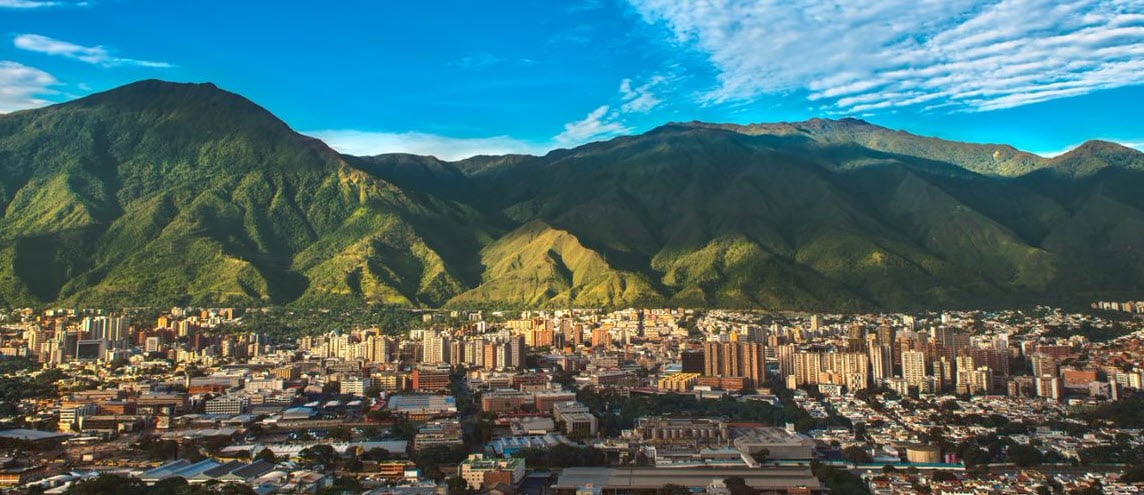In brief
The Ministry for Productive Agriculture and Lands issued Administrative Ruling INSAI No. 007/2023 (“Administrative Guidelines“)1 on 6 June 2023, establishing the rules that regulate the registry, supervision and control of agro-ecological or organic consumables (“Products“) which became effective on 8 August 2023 (i.e., date of its publication in the Official Gazette).
The Administrative Guidelines also regulate activities related to the manufacture, formulation, import, export, commercialization, distribution, packaging, storage, sale, transport, application, release, advertising, quality control and research of Products for agricultural, industrial, domestic, public health and livestock use in Venezuela (“Activities“).
In detail
- The Administrative Guidelines establish the following classifications of Products: (i) biological consumables for agricultural and livestock use (e.g., biofertilizers, biocontrols); (ii) organic regulators and stimulants, organic fertilizers and amendments (e.g., organic fertilizers and organic amendments; prebiotics, probiotics and symbiotics; organic feed for animal consumption); (iii) plant or animal extracts with pesticidal properties for agricultural and livestock use (e.g., insecticides, dewormers and repellents); (iv) consumables for ethological control (e.g., traps, food baits, attractants); (v) other consumables (e.g., beehives, pollinators, organic substrate and mineral substrate; biological; organic cosmetic inputs for livestock use).
- The Administrative Guidelines are applicable to individuals or companies that perform any of the Activities. Those interested in performing the Activities and use of the Products for internal use or export must be registered with the Sole National Registry of Integral Agricultural Health (RUNSAI). Products with more than one nature, which may appear on the label, may be registered with their respective doses. The requirements for the registration of the Products will be published by the National Institute of Integral Agricultural Health (INSAI).
- The Administrative Guidelines establish that INSAI is the governing body for the registration of the Products and of the individuals or companies that perform the Activities in the RUNSAI.
- The registration and authorization issued by the INSAI shall be valid for two years from its granting, with the possibility of renewal for the same term. The ownership of the National Product Registration constitutes a non-transferable and non-transmissible right.
- The Administrative Guidelines establish the obligation of the owner of the registration to inform the INSAI of any prohibition or limitation on the use of the product, in any other country, for reasons of damage to human, animal or environmental health.
- The Administrative Guidelines establish that the INSAI will regulate all matters related to genetically modified, biosynthetic or nanotechnology organisms, as well as their sub-products that may be used as agro-ecological and organic inputs. These products must be subject to biosafety tests performed by the INSAI without prejudice to the competencies attributed to other government entities.
- The information contained in the dossiers of agro-ecological or organic inputs will be public, avoiding the disclosure of confidential information received from the interested party by means of a letter delivered to the RUNSAI.
- For the import of the Products, the origin and free sale certificate issued by a competent entity will be required, with a health certificate and a pest risk analysis, according to the technical standards issued by the INSAI.2
- For the export of Products, a quality and innocuousness certificate of the Product and the corresponding qualification as manufacturer or formulator issued by the INSAI are required.
- Any individual subject to the Administrative Guidelines that fails to comply with the rules established therein will be sanctioned in accordance with the provisions of the Decree with Rank, Value and Force of Law of Integral Agricultural Health3 (e.g., fines, temporary or definitive closing of the establishment, among others) and other provisions of the Venezuelan legal system.
Click here to access the Spanish version.



